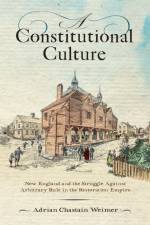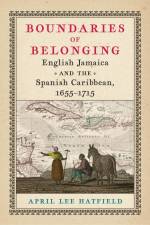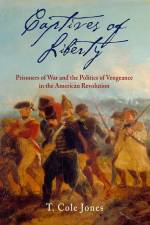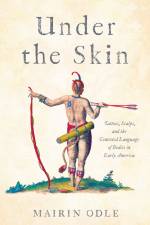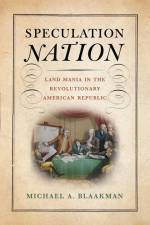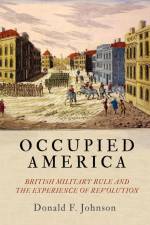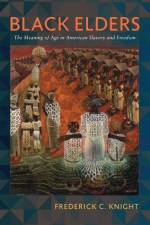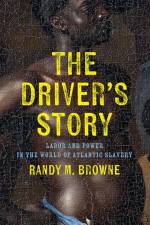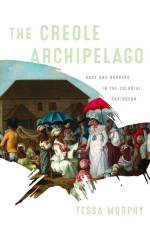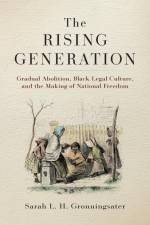av April Lee Hatfield
541
In the decades following England's 1655 conquest of Spanish Jamaica, the western Caribbean became the site of overlapping and competing claims--to land, maritime spaces, and people. English Jamaica, located in the midst of Spanish American port towns and shipping lanes, was central to numerous projects of varying legality, aimed at acquiring Spanish American wealth. Those projects were backdrop to a wide-ranging movement of people who made their own claims to political membership in developing colonial societies, and by extension, in Atlantic empires. Boundaries of Belonging follows the stories of these individuals--licensed traders, smugglers, freedom seekers, religious refugees, pirates, and interlopers--who moved through the contested spaces of the western Caribbean. Though some were English and Spanish, many others were Sephardic, Tule, French, Kalabari, Scottish, Dutch, or Brandenberg. They also included creole people who identified themselves by their local place of origin or residence--as Jamaican, Cuban, or Panamanian. As they crossed into and out of rival imperial jurisdictions, many either sought or rejected Spanish or English subjecthood, citing their place of birth, their nation or ethnicity, their religion, their loyalty, or their economic or military contributions to colony or empire. Colonial and metropolitan officials weighed those claims as they tried to impose sovereignty over diverse and mobile people in a region of disputed and shifting jurisdictions. These contests over who belonged in what empire and why, and over what protections such belonging conferred, in turn helped to determine who would be included within a developing law of nations.

